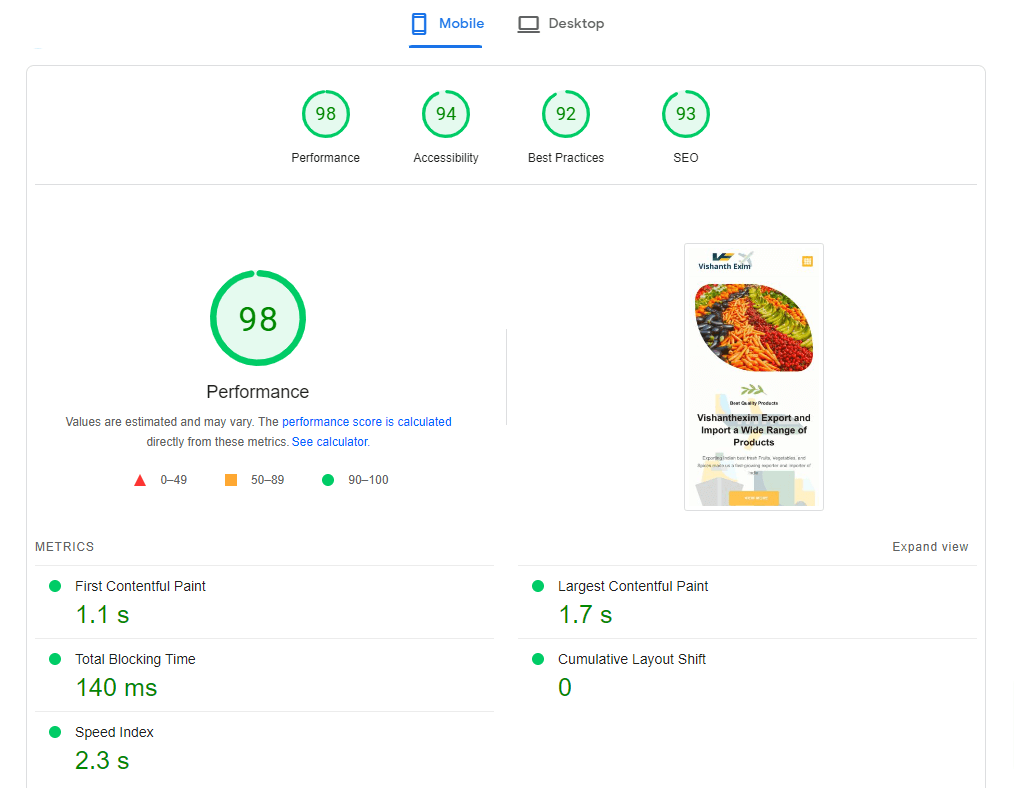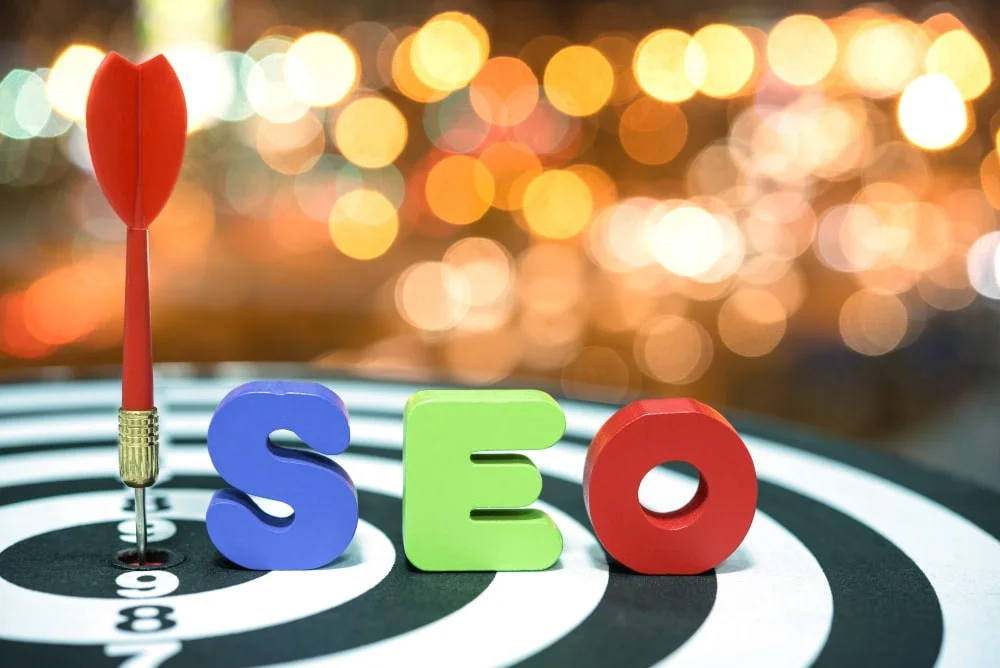In our modern, fast-paced, and interconnected world, the realm of digital marketing has emerged as a true game-changer, revolutionizing the way businesses, regardless of their size, operate and thrive. With the widespread adoption of technology and the ever-increasing online presence of consumers, understanding the significance of digital marketing has become essential for sustainable business growth and long-term success.
I. The Foundation of Digital Marketing
Digital marketing encompasses a wide array of strategies and techniques aimed at promoting products or services using digital channels. To fully comprehend its potential, we must first define its core components and explore its evolution over time. From its humble beginnings to its current impact on businesses, tracing the journey of digital marketing allows us to grasp its significance in the modern business landscape.
II. The Role of Digital Marketing in Business Growth
Unveiling the relationship between digital marketing and business growth is crucial to appreciate how it acts as a catalyst for expanding customer reach. By leveraging various digital marketing channels, businesses can establish their online presence, increase brand visibility, and drive targeted traffic to their websites. The ability to reach a global audience, engage with potential customers, and foster lasting relationships has made digital marketing an indispensable tool for achieving business growth and success.
III. Harnessing the Power of Digital Marketing Strategies
Creating an effective digital marketing strategy is vital to capitalize on the full potential of this dynamic field. By identifying key objectives and defining a target audience, businesses can tailor their digital marketing efforts to yield maximum results. Whether it’s through content marketing, social media campaigns, search engine optimization (SEO), or other strategies, the right combination of tactics can fuel business growth and pave the way for long-term success.

IV. Website Optimization and User Experience
A crucial aspect of digital marketing is website optimization, ensuring that businesses provide a seamless user experience. Optimizing website performance, loading speed, and user interface are essential factors that directly impact conversions and customer satisfaction. By continuously enhancing the user experience, businesses can create a positive first impression, build trust, and establish credibility, leading to increased engagement and conversions.
V. Search Engine Optimization (SEO)

Understanding the basics of SEO and its role in digital marketing is paramount to improving organic visibility and driving targeted traffic. Through on-page optimization, businesses can optimize website content, meta tags, and URLs to improve search engine rankings. Additionally, off-page SEO techniques such as link building and social media promotion contribute to establishing authority and increasing brand exposure.
VI. Pay-Per-Click (PPC) Advertising
Leveraging the power of PPC advertising allows businesses to reach their target audience with precision. By carefully selecting keywords and crafting compelling ad copy, businesses can drive highly relevant traffic to their websites. Through continuous monitoring and optimization of ad campaigns, businesses can maximize their return on investment (ROI) and achieve their desired marketing goals.
VII. Content Marketing and Brand Storytelling
Crafting compelling content that resonates with the target audience is at the heart of successful digital marketing campaigns. Content marketing involves creating valuable, informative, and engaging content that establishes businesses as thought leaders in their respective industries. By harnessing the art of brand storytelling, businesses can connect with their audience on a deeper level, building trust, loyalty, and long-term customer relationships.
VIII. Social Media Marketing
Social media platforms have revolutionized the way businesses connect with their audience and build brand presence. With billions of users worldwide, leveraging social media channels is essential for business growth. By creating engaging content, fostering community engagement, and utilizing social media advertising, businesses can expand their reach, increase brand awareness, and drive traffic to their websites.
IX. Email Marketing and Lead Generation
Email marketing remains a highly effective strategy for nurturing leads and driving conversions. By building targeted email lists and implementing personalized email campaigns, businesses can stay connected with their audience, deliver valuable content, and promote their products or services. Employing effective lead generation tactics, such as opt-in strategies and lead magnets, further fuels business growth by capturing valuable contact information and expanding the customer base.
X. Influencer Marketing and Partnerships
Collaborating with influencers and industry leaders can significantly amplify brand exposure and reach new audiences. By forging strategic partnerships and leveraging the influence of respected individuals, businesses can tap into established communities, enhance credibility, and drive brand awareness. Influencer marketing offers a powerful way to engage with potential customers and leverage the trust they have in their favorite influencers.
XI. Data Analytics and Insights
Data analytics tools play a vital role in measuring the effectiveness of digital marketing efforts and optimizing strategies for better outcomes. By leveraging data insights, businesses can gain a comprehensive understanding of customer behavior, preferences, and engagement patterns. This valuable information enables informed decision-making, enhances campaign performance, and helps refine digital marketing strategies for optimal results.

XII. Mobile Marketing and Responsive Design
Mobile-friendly marketing strategies are essential in today’s mobile-centric world. With the majority of users accessing the internet through mobile devices, businesses must optimize their digital marketing efforts for seamless user experiences on smartphones and tablets. Implementing responsive design ensures that websites and marketing materials adapt to different screen sizes, providing users with a consistent and user-friendly experience across devices.
XIII. Video Marketing and Visual Content
Video marketing has gained tremendous popularity in recent years, offering businesses a highly engaging and impactful medium to connect with their audience. By leveraging the power of videos, businesses can deliver captivating messages, showcase their products or services, and evoke emotions. Incorporating visual content, such as infographics and images, further enhances brand visibility, increases engagement, and improves content shareability.
XIV. Customer Relationship Management (CRM) and Marketing Automation
Leveraging CRM systems and marketing automation tools streamlines processes enhances customer relationships, and boosts overall efficiency. These technologies enable businesses to effectively manage customer interactions, automate repetitive tasks, and provide personalized communication at scale. By nurturing customer relationships through targeted messaging and timely follow-ups, businesses can foster loyalty and drive repeat sales.
XV. Reputation Management and Online Reviews
Online reputation plays a vital role in building trust and credibility. Managing and monitoring online reviews, feedback, and customer interactions is crucial to maintain a positive brand image. By actively responding to reviews, addressing concerns, and showcasing customer testimonials, businesses can enhance their reputation and build a solid foundation of trust with their audience.
XVI. E-commerce and Digital Sales Funnel Optimization
Optimizing e-commerce platforms and digital sales funnels is essential for driving conversions and maximizing revenue. By streamlining the purchase process, improving product descriptions, and implementing persuasive calls to action, businesses can create a frictionless buying experience for customers. A well-optimized digital sales funnel guides customers through each stage of the buyer’s journey, ultimately leading to increased sales and business growth.
XVII. International Digital Marketing and Localization
Expanding digital marketing efforts globally requires tailoring strategies to local markets and overcoming cultural and language barriers. By understanding regional preferences, adapting marketing messages, and employing local SEO techniques, businesses can successfully reach international audiences and capitalize on new market opportunities.
XVIII. Staying Ahead: Emerging Trends and Future of Digital Marketing
To remain competitive, businesses must stay abreast of emerging trends and anticipate the future of digital marketing. From artificial intelligence and voice search to augmented reality and immersive experiences, exploring the latest developments and their impact on business growth is vital. By proactively embracing innovative technologies and staying ahead of the curve, businesses can position themselves for long-term success in the ever-evolving digital landscape.
Conclusion: In conclusion, digital marketing serves as the driving force behind business growth and success in today’s fast-paced and digitally connected world. By understanding the significance of digital marketing, harnessing its power, and implementing effective strategies, businesses can expand their reach, engage with their target audience, and drive sustainable growth.





